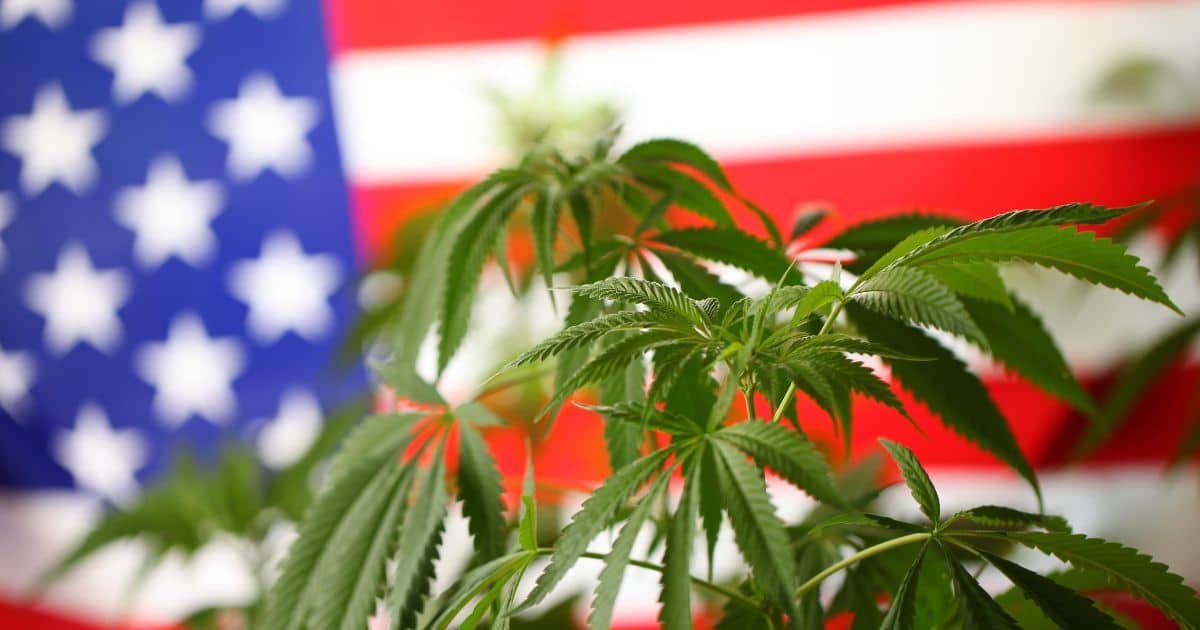In today’s rapidly evolving cannabis landscape, understanding how people access information about marijuana is more crucial than ever. A recent survey titled “Cannabis-related information sources among US residents: A probability-weighted nationally representative survey,” published in the Journal of Cannabis Research, reveals a not-so-surprising trend among U.S. adults seeking cannabis-related advice.
Despite increasing cannabis accessibility and changing legal frameworks, it appears most adults seldom turn to healthcare providers or government agencies for guidance. Instead, they rely heavily on friends, family, and online sources.
Shifting Sources of Cannabis Information
In a world where cannabis laws are in flux, one might expect individuals to turn to healthcare professionals or government bodies for trusted information. Yet, the survey reveals that these sources are among the least consulted. With cannabis now legal for medical use in 38 states and the District of Columbia, the federal classification of cannabis as a Schedule I substance is under review. Understanding where people get their cannabis information could be vital for shaping effective public health strategies going forward.
The survey assessing cannabis-related information sources was conducted from June 22nd to 26th, 2023, utilizing the National Opinion Research Center (NORC) AmeriSpeak panel. The survey targeted American adults aged 18 and older, focusing on past-year cannabis use, reasons for cannabis use (categorized as medical only, non-medical only, or both), and the sources from which participants obtained cannabis information. Of the 6,666 panelists invited to participate, 1,161 (17.5%) completed the survey.
The survey highlights an intriguing pattern—friends and family are the most common sources of cannabis-related advice, with nearly 36% of respondents relying on them. This finding highlights the importance of personal networks in shaping perceptions and decisions about cannabis use. When close acquaintances offer advice, individuals may feel more comfortable exploring it.
Websites are a close second, with 33.7% of respondents turning to online sources for information. This reliance on digital platforms reflects the broader trend of seeking instant answers at our fingertips. The digital age has empowered individuals to explore diverse perspectives on cannabis, but it also raises questions about the accuracy and reliability of information.
Cannabis Use and Information Sources
Among those who used cannabis in the past year, personal experimentation and experiences play a significant role in shaping their understanding. The survey found that 22% of respondents draw from their own experiences to guide their cannabis-related choices. This highlights the experiential nature of cannabis use, where users learn through trial and error.
While healthcare providers are traditionally trusted for medical advice, only 9.3% of respondents turn to them for cannabis information. Even among those using cannabis for medical purposes, the percentage rises to just 16.4%. This suggests a disconnect between healthcare professionals and patients regarding cannabis-related discussions.
Government agencies, often seen as authoritative sources, ranked lowest in credibility, with only 4.7% of respondents seeking their guidance. Historically, government messaging on cannabis has been criticized for being inconsistent or misleading, which may contribute to this skepticism. Remember the War on Drugs?
In a recent article about the survey, NORML’s Deputy Director Paul Armentano was not surprised by the survey’s results. “Historically, government-affiliated sources have either embellished or outright lied about marijuana and its effects,” he said. “So it’s no wonder that the public doesn’t consider them to be credible sources for marijuana-related information.”
“Cannabis use is not a new phenomenon and it’s not going away,” he said. “Healthcare professionals have a responsibility to keep up with cannabis-related science and trends so that they can engage with their patients, just as they would stay informed and provide advice regarding any other number of behaviors that potentially impact their patients’ health and well being.”
Implications for Public Health Outreach
The survey’s findings highlight the need for improved communication between healthcare providers and their patients regarding cannabis use. The survey suggests that many clinicians feel ill-equipped to discuss cannabis, highlighting a gap in medical education. Addressing this gap through training can empower healthcare professionals to engage in informed conversations with their patients.
Public health outreach should move beyond traditional messaging and focus on practical, harm-reduction strategies. Rather than advocating abstinence, educational efforts should provide actionable advice on safe cannabis consumption, dosage, and potential risks. Tailoring messages to different demographic groups can enhance their effectiveness.
To bridge the credibility gap, government agencies must prioritize transparency and evidence-based communication. By acknowledging past missteps and providing accurate, unbiased information, they can rebuild trust with the public. Engaging communities in the conversation can further enhance credibility.
Addressing Knowledge Gaps About Cannabis
The survey highlights the importance of educating healthcare professionals about cannabis. Including cannabis-related curricula in medical education can equip future doctors with the knowledge needed to address patient inquiries. This proactive approach ensures that healthcare providers are well-prepared to offer informed guidance.
Empowering individuals with accurate information is essential for promoting safe cannabis use. Public health campaigns should emphasize critical thinking and encourage individuals to verify the credibility of their sources. Providing easily accessible, evidence-based resources can help individuals make informed decisions.
Media outlets can play a crucial role in disseminating accurate cannabis information. By collaborating with experts and presenting balanced narratives, media organizations can contribute to informed public discourse. Highlighting diverse perspectives can help combat misinformation.
The survey acknowledges the ongoing stigma surrounding cannabis. This stigma may discourage individuals from seeking information openly. Public health campaigns should work to reduce stigma by normalizing conversations about cannabis and emphasizing its potential benefits.
In a rapidly changing cannabis landscape, understanding the sources of cannabis-related information is crucial for shaping effective public health strategies. The survey reveals that while traditional sources like healthcare providers and government agencies are underutilized, personal networks and online platforms hold significant influence. By addressing knowledge gaps, building trust, and redefining communication strategies, we can empower individuals with accurate information and promote safe and effective cannabis use.
- Texas Expands Medical Cannabis Access with House Bill 46
- MMJ BioPharma Cultivation vs. the DEA
- Poll Shows Americans Back States’ Right to Cannabis Reform
- Restaurant Spotlight: Pizzeria Due – Where Deep Dish Pizza Becomes a Chicago Rite of Passage
- Maryland Leads the Way in Cannabis Pardons, Setting an Example for Much-Needed Cannabis Reform
- Military Construction and Veterans Affairs Bill Amendments Could Change Medical Marijuana and MDMA-Assisted Therapy Options for Veterans















